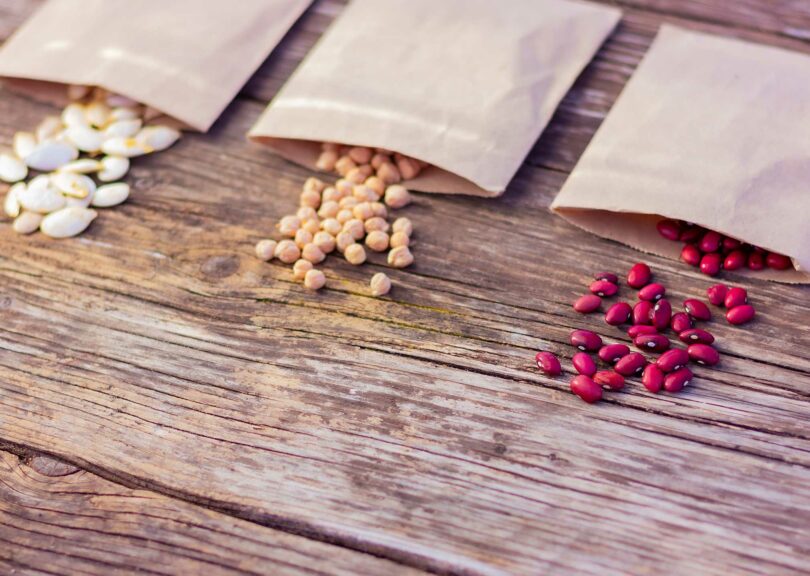By Vicki Spencer, Master Gardener
While serving on Gunnison County Library’s Board of Directors, I participated in plans to build a new, modern facility to replace the overcrowded house we had been renting just off Main Street. It was a monumental effort that included engaging the community, assessing needs, soliciting architectural designs as well as financial planning, budgeting, staffing and fundraising.
For nearly a decade, we were inspired by information-gathering trips to libraries throughout Colorado. Although it was indisputable that our library needed more space, we were impressed by the extent to which a community’s sense of place and demand for various types of media and programming influence design.
Now, Gunnison, like other Colorado communities, boasts a new type of library — one which my children and grandchildren would say “is not our grandparents’ library.”
Seed Libraries: An Innovative System
Libraries are not simply book depositories, nor are they just places to access the internet or rent videos. They are centers of creativity and innovation.
One such innovation is the seed library. These are collections held within libraries that allow patrons to “borrow” seeds for planting home gardens. Of course, the original seeds can’t be returned to the libraries. Instead, at harvest time, borrowers are asked to leave some plants in the ground to go to seed. These seeds are then collected and returned to libraries for someone to borrow the following season.
Although returning seeds is not a condition for borrowing, it’s a way to help the libraries grow their collection, and most people want to help. Not surprisingly, many patrons often return more seeds than they borrowed.
One benefit of local seed sharing is the development of seeds that have adapted to local conditions. Seed libraries across the state have helped gardeners, both novice and experienced, supplement diets with fresh-grown vegetables.
In rural communities, libraries are major centers of activity. They strengthen communities by offering places to socialize and forums for sharing knowledge and experiences with others. Libraries that host seed libraries provide a wealth of information about growing seeds and developing sustainable food systems within the community.
If you are interested in learning more and your library doesn’t offer a seed library yet, you can get information from Seeds in Common at seedsincommon.org/start-a-seed-library. Become a leader in sharing or distributing seeds through your local library and you can help seed libraries blossom throughout the state.
Master Gardener Vicki Spencer has an eclectic background in conservation, water, natural resources and more.
Start from scratch in your gardening endeavors to test your green thumb. Use Spencer’s article “Gardening with Seeds is Worth It” to get inspired.

